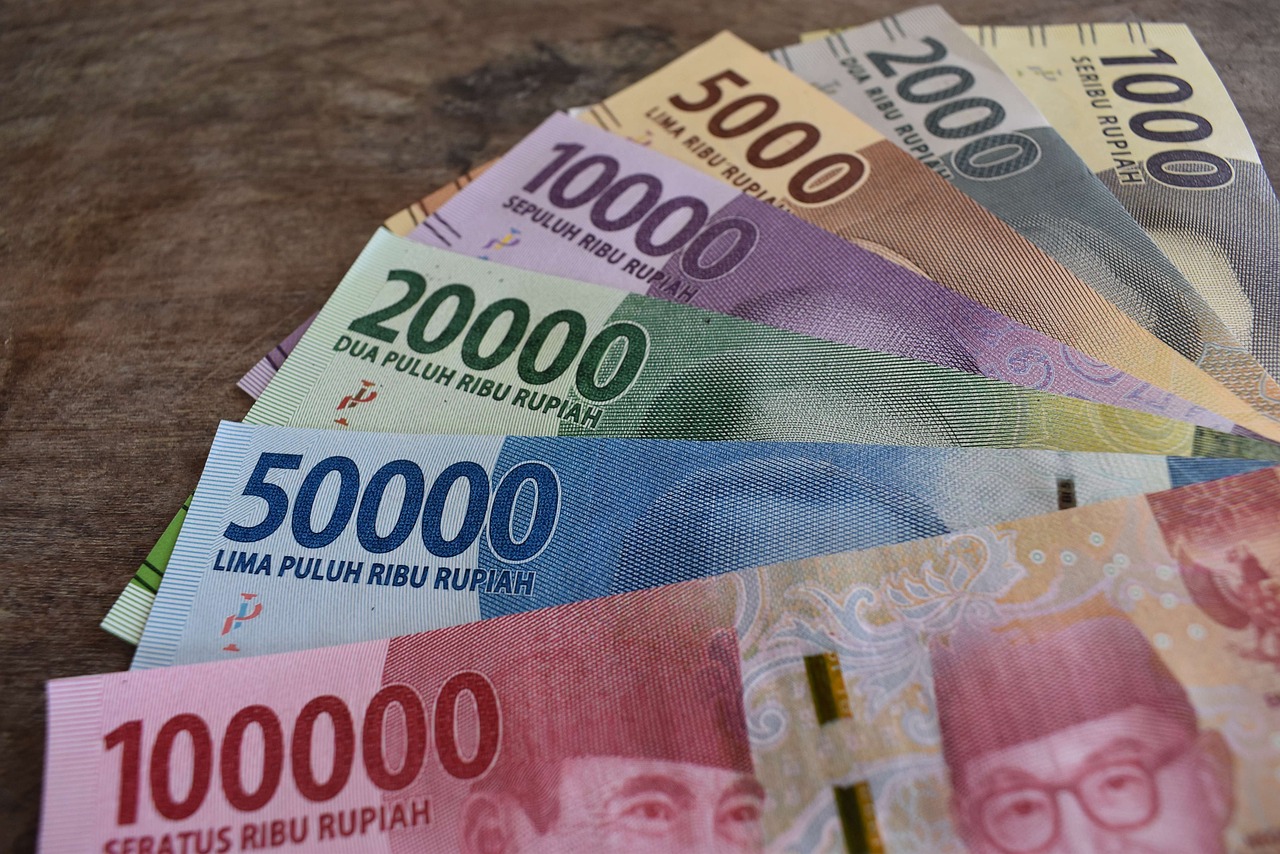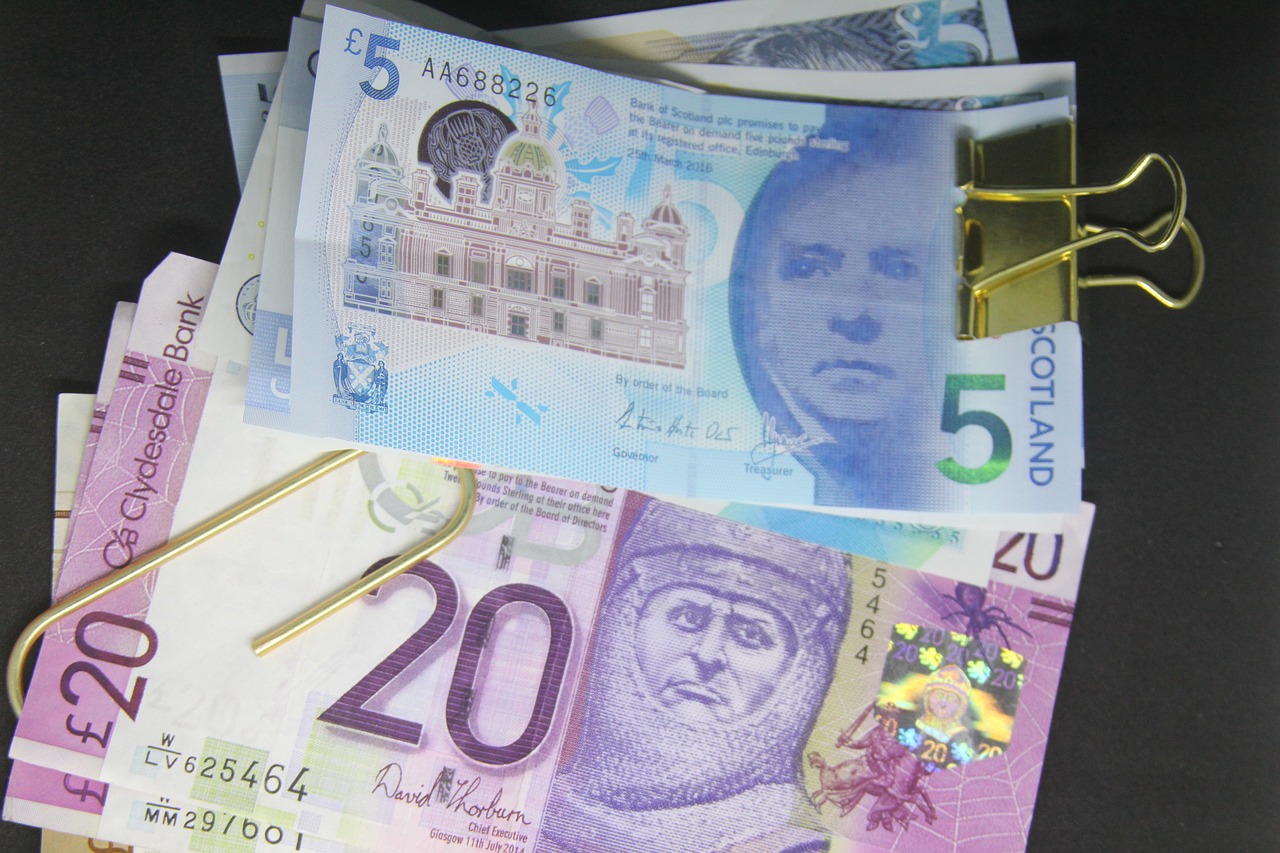5 Popular Payment Methods in the Netherlands: From Traditional Bank Transfers to Innovative Mobile Apps
GPT_Global - 2024-03-22 00:30:01.0 558
What are some popular forms of payment in the Netherlands?
One of the most important aspects of any business is payment methods. In the Netherlands, there are various forms of payment that are widely used. For individuals and businesses involved in remittance business, it is vital to understand these popular forms of payment in order to provide convenient and efficient services to their customers. Here are some of the most commonly used payment methods in the Netherlands.
1. Bank transfers – This is one of the most popular and widely accepted forms of payment in the Netherlands. It involves the transfer of funds from one bank account to another, and can be done electronically or through a bank branch. Bank transfers are secure and quick, making it a preferred method for both businesses and individuals.
2. Credit and debit cards – Similar to other developed countries, credit and debit cards are widely used in the Netherlands. This form of payment allows individuals to make purchases or withdraw cash directly from their bank account. Popular card networks in the Netherlands include Maestro, Visa, and Mastercard.
3. iDEAL – This is a Dutch payment system that allows customers to make online payments directly from their bank account. It is widely accepted by online merchants and offers a quick and secure way to pay for goods and services.
4. PayPal – Although not as popular as in other countries, PayPal is still widely used in the Netherlands, especially for international transactions. Customers can link their bank account or credit card to their PayPal account and make online payments or transfers.
5. Cash – While electronic payment methods are widely preferred, cash is still accepted in most businesses in the Netherlands. However, it is important to note that some shops may not accept large amounts of cash for security reasons.
In conclusion, understanding the popular forms of payment in the Netherlands is crucial for remittance businesses. By offering a variety of payment options to their customers, businesses can ensure convenience and efficiency in their services. It is also important to stay updated on any new payment methods that may emerge in the ever-changing landscape of payments in the Netherlands.

Are there any fees associated with exchanging foreign currency in the Netherlands?
Are there any fees associated with exchanging foreign currency in the Netherlands? Exchanging foreign currency in the Netherlands may come with some associated fees. In most cases, you can expect to pay a commission fee, which can range from 1-3% of the total amount being exchanged. This fee is charged by the bank or exchange bureau for their services. Additionally, some banks may also charge an extra flat fee for the transaction. Another fee that you may encounter is the conversion fee. This applies when you are exchanging one currency for another. The exchange rate may not be equal to the market rate, and the difference between the two rates is known as the conversion fee. This fee varies depending on the currency being exchanged and the current market conditions. If you are exchanging a large sum of money, you may also have to pay a handling fee. This fee covers the cost of physically handling and counting the cash. It is usually a fixed amount per transaction and may differ between banks and exchange bureaus. Before exchanging your currency, it is important to research and compare different options to find the best deal. Some providers may offer lower fees or better exchange rates than others. You can also try to negotiate the fees with the bank or bureau to see if they are willing to reduce them. In conclusion, while there may be some fees associated with exchanging foreign currency in the Netherlands, it is possible to minimize them by doing your research and comparing different options. It is recommended to plan ahead and avoid exchanging large sums at the airport or tourist areas, where fees may be higher. By being aware of the potential fees and knowing how to reduce them, you can make the most out of your currency exchange in the Netherlands.How do Dutch banks handle international money transfers?
The Netherlands is one of the leading countries when it comes to international trade and finance. As such, Dutch banks have established efficient systems for handling international money transfers. With the rise of globalization and the increase in cross-border transactions, these banks have become essential players in the remittance business.
Dutch banks offer a wide range of services for international money transfers. They have partnerships with various banks around the world, making it easier for customers to send and receive money from different countries. These partnerships also allow for lower fees and quicker processing times.
In addition, Dutch banks use advanced technology and secure platforms to ensure the safety and accuracy of international money transfers. This is crucial in today's digital age, where cyber threats are becoming more prevalent. Customers can rest assured that their funds will be transferred securely and efficiently.
Furthermore, these banks have dedicated customer service teams that are trained to handle international money transfers. They can assist customers with any questions or concerns they may have, and provide guidance on the best methods for sending money abroad.
Moreover, Dutch banks offer competitive exchange rates for international money transfers. This is important for both the sender and the recipient, as it can affect the amount of money received on the other end. By offering competitive rates, these banks ensure that their customers get the most value for their money.
In conclusion, Dutch banks have established a strong reputation for handling international money transfers efficiently and effectively. Their advanced technology, secure platforms, global partnerships, and dedicated customer service make them a top choice for individuals and businesses looking to send money abroad. With the constant growth of international trade and finance, these banks will continue to play a significant role in the remittance business.
What are the current interest rates for savings accounts in the Netherlands?
8. What Are the Current Interest Rates for Savings Accounts in the Netherlands?
The Netherlands is known for its well-developed financial system and stable economy, making it a popular destination for investors and individuals looking to save their money. If you are considering opening a savings account in the Netherlands, it is important to understand the current interest rates to make an informed decision.
According to recent data from the European Central Bank, the average interest rate for savings accounts in the Netherlands is 0.01%. This is significantly lower compared to the European Union average of 0.07%. However, it is important to note that interest rates can vary between banks and may also depend on the type of savings account.
In general, the interest rates for savings accounts in the Netherlands have been steadily declining over the past few years due to the low inflation and interest rate environment in Europe. This means that Dutch savers may not see significant returns on their savings, but it also means that the cost of borrowing money is relatively low.
If you are looking for higher interest rates, you may consider investing in a deposit account or investment funds. These options may offer higher returns, but they also come with higher risks. It is important to carefully assess your financial goals and risk tolerance before making any investment decisions.
In conclusion, the current interest rates for savings accounts in the Netherlands may not be as attractive as in other countries, but they still offer a safe and reliable way to save money. It is always recommended to shop around and compare different banks and their interest rates before opening an account to ensure you are getting the best deal for your savings.
Are there any specific customs or etiquette for handling money in the Netherlands?
In the Netherlands, there are certain customs and etiquette that one should be aware of when it comes to handling money. These practices are not only important for personal interactions, but also for businesses, including remittance services. One common custom in the Netherlands is to always use bank transfers or electronic payments when making transactions. This is considered more secure and convenient than carrying large amounts of cash. It is also seen as a more professional way of conducting business and is expected in most transactions, even for smaller amounts.
Additionally, when exchanging money, it is important to be aware of the current exchange rates and to calculate the cost of the transaction beforehand. This will help avoid any misunderstandings or miscalculations. Another important aspect of money etiquette in the Netherlands is timely payment. It is expected that bills, invoices, and other financial obligations are paid on time. Failure to do so may result in a negative perception and can damage business relationships.
When it comes to tipping in the Netherlands, it is not expected in most situations. However, rounding up the bill or leaving a small tip of 5-10% is appreciated in restaurants and for services such as haircuts or taxis. It is also common to tip hotel staff for exceptional service.
Finally, it is important to be mindful of cultural differences when handling money in the Netherlands. For example, discussing salaries or prices openly is not common practice and may be perceived as rude. It is also polite to ask for permission before borrowing or lending money, even among close friends or family members. By understanding and following these customs and etiquette, individuals and businesses can navigate money matters in the Netherlands with ease and respect for local culture. This in turn can help build trust and strong relationships in the remittance business.
About Panda Remit
Panda Remit is committed to providing global users with more convenient, safe, reliable, and affordable online cross-border remittance services。
International remittance services from more than 30 countries/regions around the world are now available: including Japan, Hong Kong, Europe, the United States, Australia, and other markets, and are recognized and trusted by millions of users around the world.
Visit Panda Remit Official Website or Download PandaRemit App, to learn more about remittance info.

